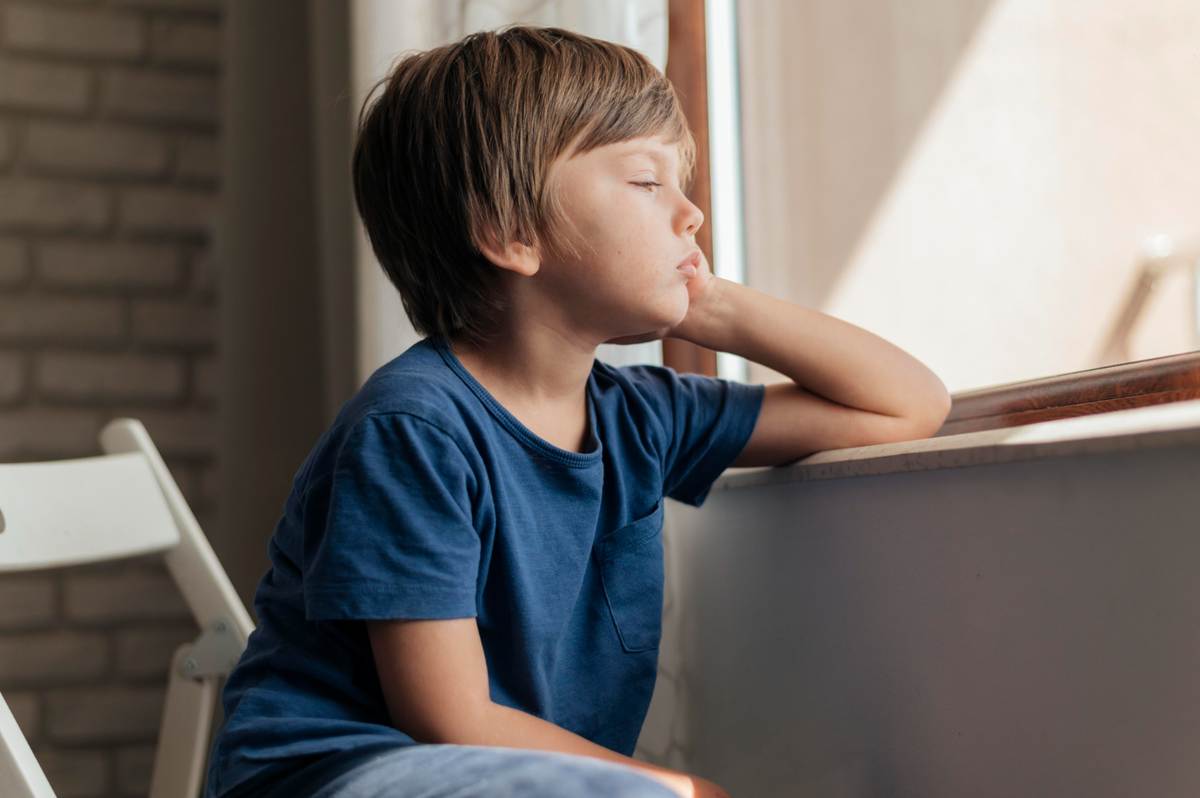Mental Health Awareness
Mental health is more widely talked about than it used to be and is also part of the national curriculum, but it is important that you...

Mental health is more widely talked about than it used to be and is also part of the national curriculum, but it is important that you also discuss your feelings and emotions at home too. What is mental health? We all have mental health, just like we all have physical health and at times we need help with either something physical like a broken leg or illness and something mental, like anxiety.
When we have good mental health, we feel positive and motivated, but when our mental health is not so good, then we find is much harder to cope. When is there a problem? We all experience good and bad days, sometimes we know why we’re not having a good day and at other times we may struggle to know the reason why.
If these negatives thoughts start to affect our daily lives and you stop enjoying the things you use to, then this is when you may need some help. If you notice your child has trouble sleeping, is worrying more than normal or becoming withdrawn, then they may benefit from some help. How to help your child Become more open as a family when talking about feelings so your children know it’s ok to have a bad day and they don’t have to be positive all the time.
At the dinner table, ask everyone how their day has been and to use the traffic light system – green – feeling great, amber – ok and red – not feeling good and then give an explanation as to why.
Also let your children know if you have an important meeting or event coming up that you are nervous about and explain to them how you cope with those feelings. It can be so difficult to watch your child suffer with mental health issues as at times you may feel completely helpless and you may not fully understand what they are going through, which makes it even harder.
Talk to your child to try and understand how they are feeling, even on good days as it is important to let them know that talking about feelings, good or bad is a positive thing.
Listen to your child, sometimes just being there can help.
Although difficult, try not to fix everything – sometimes as parents we look for the best way to fix a problem, but with mental health issues, there may not be a quick fix, instead listen to your child and ask them what they think the answer is or what they would like you to do.
Speak to your child’s school and see if they have noticed a difference in your child and if they can offer any help or guidance.
Depending on what the issue is, they may be able refer your child to a specialist which may involve you or your child attending a workshop or course.
If you have no luck with their school, then speak to their doctor as help is available.
For further guidance take a look at these websites: https://www.nhs.uk/nhs-services/mental-health-services/mental-health-services-for-young-people/children-young-people-mental-health-services-cypmhs-parents-carers-information.
https://www.nspcc.org.uk/keeping-children-safe/childrens-mental-health/
Mental health is more widely talked about than it used to be and is also part of the national curriculum, but it is important that you...